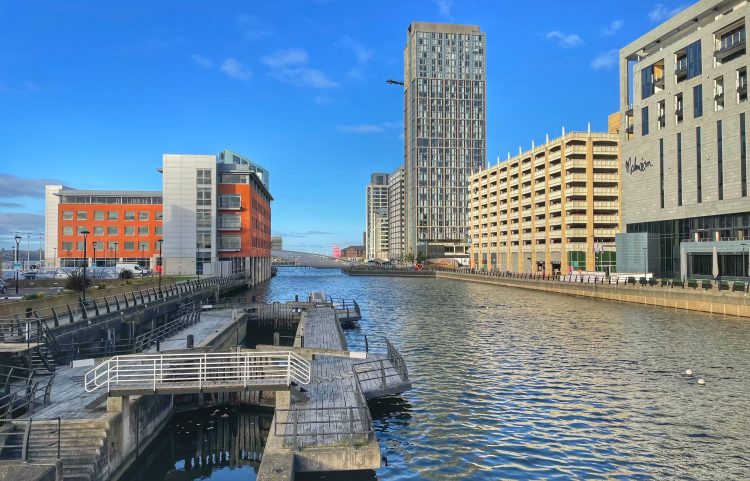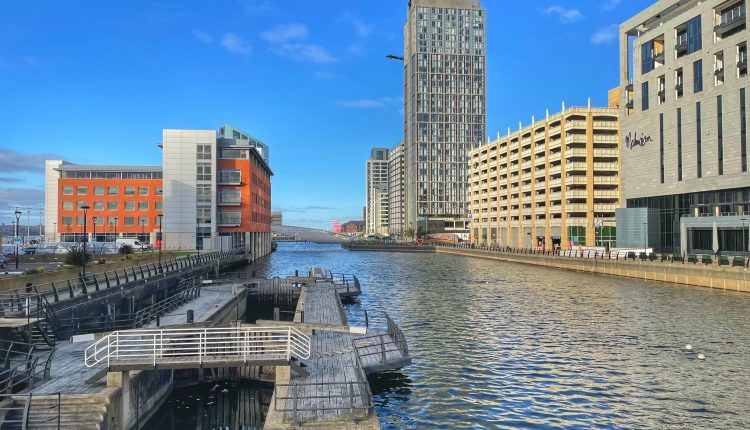Revenues hit £36.5m at one of Liverpool’s oldest firms
230-year-old Liverpool commodities warehousing and logistics business Henry Bath reports 12% rise in revenues to £36.5m and predicts a return to profit this year. Tony McDonough

A 230-year-old Liverpool global commodities warehousing and logistics business is predicting a return to profit this year after seeing two consecutive years of losses.
Henry Bath is based at Princes Dock in Liverpool Waters Cornwall-born Henry Bath founded what was then copper trading business in 1794. It opened its first office in Bentinck Street in Liverpool in 1875 and the city later became its home.
In the last few days the business, which is now owned by Hong Kong-based CMST International, has filed its annual accounts on Companies House for the 12 months to December 31, 2023.
They reveal a 12% rise in revenues to around £36.5m (the business uses US dollars in its accounts and LBN has converted to sterling at current exchange rates). Pre-tax losses were £4.9m, lower than the £5.8m losses in the previous year.
Principal activity of Henry Bath is the provision of warehouse and logistics services for non-ferrous metals, cocoa and coffee. It operates subsidiaries in the Netherlands, Belgium, Singapore, China and the US.
These latest results show an improvement in financial performance due to increased handling activity.
In the accounts the directors said they would “continue to seek new locations and opportunities in 2024”. They added: “The directors are of the opinion that the group and the company result will improve with a profitable result forecast for 2024.”
Employing 69 people, Henry Bath’s headquarters are located at 10 Princes Dock in Liverpool Waters. In July 2023 the company agreed a new 10-year lease at the site for a 4,150 sq ft office suite.
It said it had chosen to stay at Liverpool Waters partly because the office space is verified as operationally net zero. Henry Bath Group financial officer, Paul Wynne, said at the time: “Sustainability and the environment are key strategic considerations for us.
“We are delighted that our new office provides us with the opportunity to meet our carbon goals, while at the same time providing our staff and clients with a first-class environment in which to conduct business.”
By 1816 the founder’s son, Henry Bath II, became a partner and the business relocated from Cornwall to Swansea and operated a fleet of ships.
READ MORE: Mersey shipping line introduces new ‘green’ vessels
Henry Bath II married the daughter of Charles Lambert, another prominent Swansea shipbuilder and copper merchant, in 1846 merging both family businesses in copper smelting operations.
In 1888 the company started a ship breaking business, acquiring Great Eastern, a ship designed by Isambard Kingdom Brunel. At the end of its life it’s broken up and sold for scrap. The ship’s mast is still the main flagpole at Liverpool FC’s Anfield stadium.

